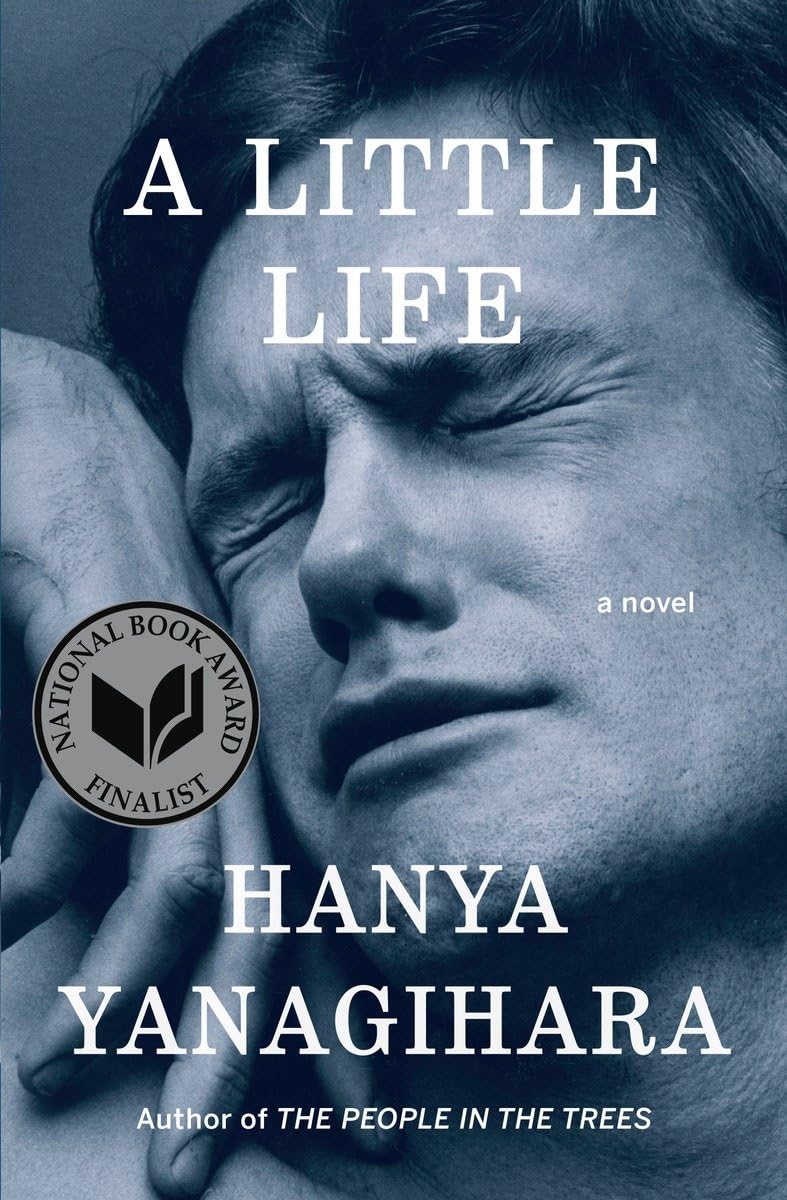Chapter 2: The Power of Connection
byThe narrative weaves through memories of parenthood, grief, and identity, exposing the multifaceted nature of these experiences. The narrator recounts the loss of their child, Jacob, a pain that echoes across time, softened yet never silenced. Alongside this grief is a raw acknowledgment of relief—an unspoken reprieve from the constant, suffocating dread of something terrible happening. It is a paradox, the coexistence of sorrow and solace, one that encapsulates the emotional complexity of love so deep it borders on fear.
As the narrator reflects on their upbringing as an only child, the story widens to explore the ways familial structures shape identity. They recall the isolation that sometimes accompanied their childhood, the way their parents’ expectations carried both pride and an unspoken weight. This solitary upbringing informed their relationships as an adult, instilling a heightened sense of responsibility and a need for connection that often clashed with an innate self-reliance. These recollections reveal how one’s early years create a blueprint for understanding intimacy, duty, and self-worth.
The narrator’s professional life as a lawyer provides another layer of introspection, offering a lens through which to examine fairness, justice, and morality. Legal education, they explain, is designed to deconstruct instinctive notions of right and wrong, replacing them with structured reasoning and adherence to precedent. In classrooms filled with debates over hypothetical cases, the narrator learned to grapple with the uncomfortable reality that justice is rarely absolute and often exists in tension with human emotions. These lessons, though abstract at the time, became profoundly real when applied to life’s moral dilemmas, where fairness and legality often collide.
Through the story of Dennys, a friend whose artistic brilliance was traded for the rigidity of a legal career, the narrator highlights the sacrifices that come with specialization. Dennys, once a free-spirited painter, found himself confined by the strict frameworks of law, his creative instincts dulled by the relentless demands of logic and precision. This transformation serves as a metaphor for the narrator’s own journey, where the pursuit of justice became a balancing act between professional detachment and personal empathy.
Amid these reflections, the narrative pivots to the intimate and irreversible shift that occurs when assuming a parental role toward someone, whether by choice or circumstance. The narrator describes how such a bond forever alters the lens through which they view the world, tethering their emotions to another’s well-being. This bond, fragile yet unbreakable, underscores the vulnerability inherent in love—a vulnerability that often goes unspoken but is deeply felt.
The chapter concludes with a poignant moment, as the narrator recalls a conversation with a student, an encounter that encapsulates the themes of morality, fairness, and connection. The interaction leaves the narrator pondering the limits of understanding another person and the ways relationships are shaped not by definitive answers but by shared experiences and fleeting moments of clarity. They recognize that love, in all its forms, is an act of courage—a willingness to embrace the unknown and accept the risks that come with it.
As the chapter closes, the narrator acknowledges that true understanding is elusive, an ongoing process shaped by time, memory, and perspective. Yet, amidst the uncertainty, there is solace in the act of trying—in the hope that each connection, however imperfect, brings us closer to the essence of what it means to be human. This realization lingers, leaving the reader with a sense of both the fragility and the resilience of love, relationships, and the human spirit.


